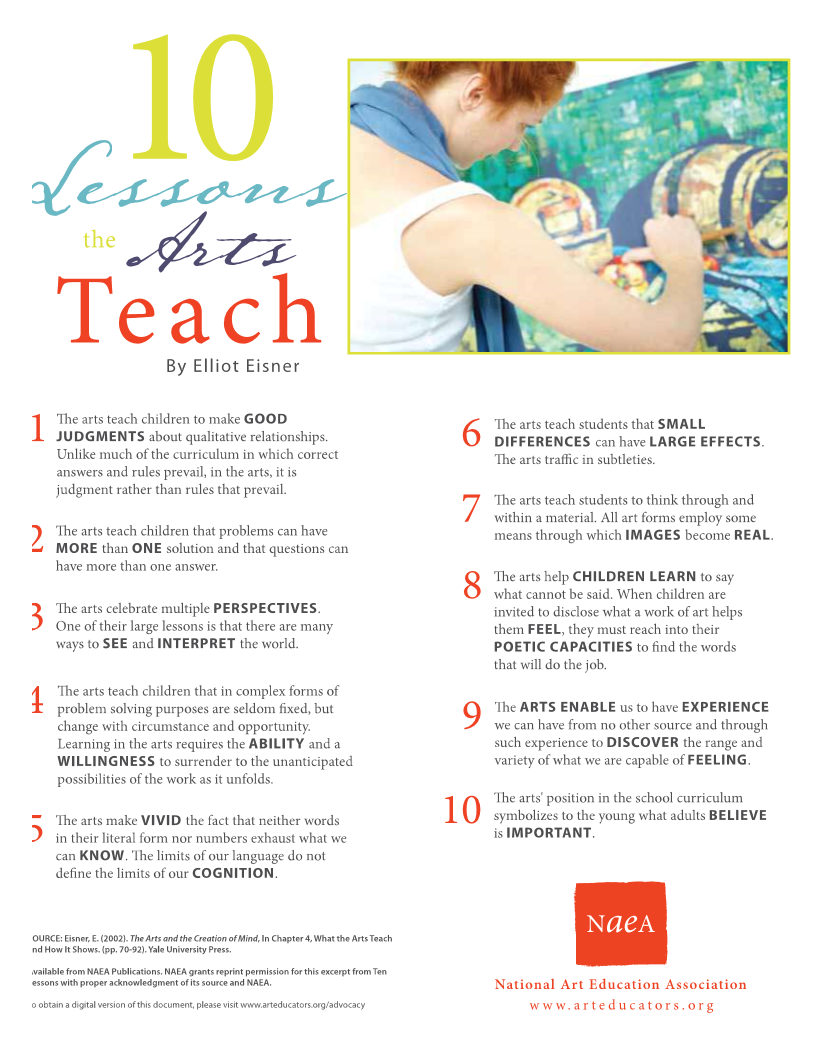Unlocking the Full Potential of Music in Montessori Education
“Musical education cannot be done by these bells alone… The fundamental thing is that there should be music in the child’s environment, just as is the case with spoken speech. His social environment should consider this and make sure that music is provided.”
- Maria Montessori
Maria Montessori recognized the profound impact of music on child development, yet many Montessori schools struggle to integrate music in a way that aligns with her vision. Often, music education in Montessori classrooms is fragmented or underdeveloped, leaving children with limited exposure to active music-making and cultural diversity.
The Challenges Many Montessori Schools Face with Music Education:
Statistic listed in a study entitled, “A Child-Directed Music Curriculum in the Montessori Classroom" Published in the Journal of Montessori Research in 2020.
Insufficient Music Centers: Only half of schools have a dedicated music center with instruments and listening resources.
Limited Music Time: An even lower percentage of schools offer daily music instruction.
Music During Transitions: Most live music occurs only during transitions, rather than as part of a structured music program.
Unstructured Music Activities: Music centers often lack a clear educational goal and instead feature a “basket of instruments,” with no intentional curriculum guiding music learning.
Lack of Music Specialists: Less than half of Montessori schools have a dedicated music specialist.
Personally Observed Challenges
Misguided Learning Opportunities
Music activities often focus on sound distinction, rather than building true musical discernment or skills within a musical context
Music literacy is prematurely introduced
Cultural Bias
European classical music is often prioritized and elevated as being “high quality”, as compared to other genres. There are fewer opportunities for children to explore diverse or current musical styles.
Limited Active Music-Making
Heavier emphasis on learning about instruments and composers and their origins, rather than engaging children in active music-making experiences.
Hi! I’m Joy Marilie! With over 20 years of experience in music education and a deep understanding of the Montessori philosophy, I offer tailored solutions to help your school integrate music more effectively into your program.
Services
Move Closer to Maria Montessori's Vision for Music in the Classroom
With my support, I can help your school move closer to Maria Montessori’s ideals for music education. By training you to integrate both intentional, unstructured and structured, sequential music learning, creating an environment of active music-making and learning, we can give children the tools they need to thrive musically and beyond. Together, we can build a music program that aligns with Montessori’s vision and nurtures every child’s potential.
How I can help:
Specialized Teacher Training: Equip your guides with the skills and knowledge needed to seamlessly integrate both intentional, unstructured and structured music skill development into their classrooms in an engaging way.
Materials and Activity Guidance: Provide accessible, ways to go “beyond these bells” to include developmentally appropriate instruments, props and quality recordings to support music learning.
Self-Paced Virtual Courses: Provide accessible, flexible courses that teach foundational music skills for young children, focusing on active music-making and engagement.
Ongoing Support: Provide continuous guidance and resources to ensure that your music program evolves and meets the developmental needs of your students.
“Music and language development are near identical. It is essential that young children develop a preliminary music vocabulary before they can begin to read, write, or think musically. Without this foundation, they are disadvantaged in learning to perform, read, write, and improvise music.”
– Edwin Gordon
The Importance of Early Music Education
Early exposure to music offers profound benefits for young children. Research shows that music enhances cognitive abilities, improves memory and attention, and strengthens language development. Music also supports emotional growth, allowing children to express themselves and regulate their emotions, while fostering social skills through group music activities. Integrating music into the classroom not only nurtures children’s academic growth but also promotes a number of valuable life-long skills
Standford Professor and scholar of Arts Education, Elliot Eisner, developed Ten Lessons the Arts Teach to articulate the importance of Arts education beyond it’s postivie impact on other academic areas.
The arts teach children to make GOOD JUDGMENTS about qualitative relationships. Unlike much of the curriculum in which correct answers and rules prevail, in the arts, it is judgment rather than rules that prevail.
The arts celebrate multiple PERSPECTIVES. One of their large lessons is that there are many ways to SEE and INTERPRET the world.
The arts make VIVID the fact that neither words in their literal form nor numbers exhaust what we can KNOW. The limits of our language do not define the limits of our COGNITION.
Click below to enlarge
Ready to unlock your the power of music eduction in your program? Click below to schedule your FREE Consultation meeting
Joy was honored to speak at the Childhood Potential Online Montessori Conference for two consecutive years. In 2022, the topic was, “Music and the Montessori Method”.
See the full talk by clicking below.
As a former early childhood music teacher in traditional schools, I found the lack of information, resources and materials for early childhood music education within the Montessori world, to be fascinating and shrouded in mystery.
In this talk we will:
Discuss the gap present between the ideals and reverence for music within Montessori circles vs. the realities of music instruction in Montessori classrooms
Explore whether or not the Montessori Method truly can or should be applied to music education
Explore how de-centering aristocratic European music aesthetics and approaches to music learning could enrich the quality of, and increase access to music education for all.





















